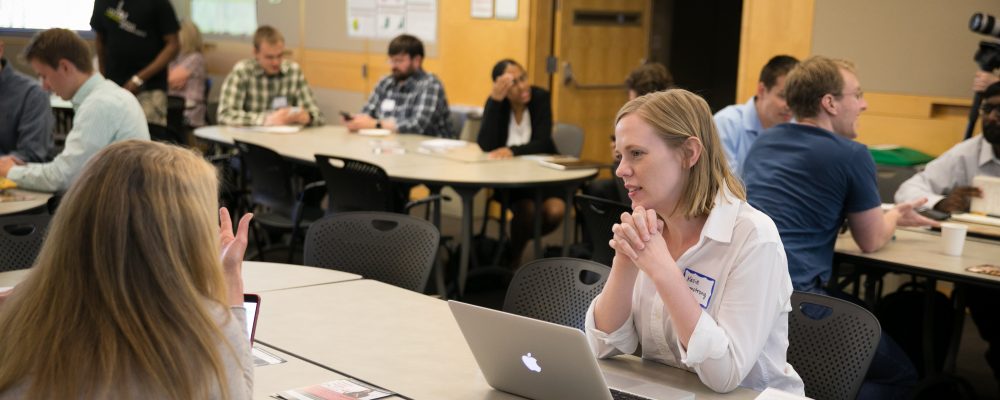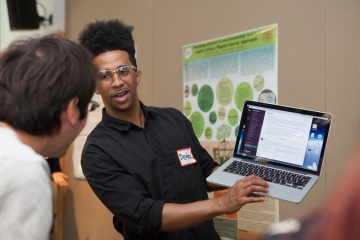Scholarship of Teaching and Learning Program

We are currently able to support this as a directed study experience
We invite graduate students, teaching assistants, and postdoctoral scholars with an idea for a designing a small-scale study on teaching and learning in the classroom or informal environments to consider this primarily self-guided professional development experience towards the CIRTL Practitioner level of accomplishment. Applicants can be in any discipline as long as they have an idea for a research project on teaching and learning that they would like to work on planning out over the course of a semester (or a summer).
Stage 1 – Explore Scholarship of Teaching and Learning and Plan Your Own Project
Review and discuss how-to texts, articles and examples of past research conducted by graduate students and postdocs at Cornell and through the CIRTL Network. While primarily a self-guided directed study experience, staff will be available for consultation meetings and can provide Canvas course materials and a text on Doing Research to Improve Teaching and Learning. We also will share opportunities to participate in CIRTL Network workshops or attend their annual Teaching as Research presentation session to learn from other early-career scholars who are integrating disciplinary research with advancement of teaching and learning.
Topics you will investigate through readings, videos, and discussion:
1. What is Teaching as Research?
How might I think about my Teaching as Research project? What are some methodological possibilities? What do I need to do as far as the Institutional Review Board is concerned? What sources and databases can I use to review the literature on what has already been done in this area?
2. Qualitative Methodology
What qualitative research methods make sense to use in Teaching as Research? What qualitative research methods might be relevant to my interests and how would I use them?
3. Quantitative Methodology, Survey Design, and Data Analysis
What are some quantitative strategies I might use? How might I conceive of my project? How do I design simple yet meaningful classroom research surveys for use in Qualtrics? How do I analyze my qualitative and quantitative data?
4. Writing and Presenting about Teaching
How do I present my results in a compelling manuscript, submit it for publication, or present it as an oral or poster presentation?
View past Cornell Practitioners and project titles

Stage 2 – Take your research further by publishing or presenting it!
Presentation of results beyond Cornell or as a publication in a peer-reviewed journal or in a working paper series meets the requirements for the CIRTL Scholar certificate. We are happy to help support you after you implement a project in writing it up as a more formal journal article or other manuscript for publication in a practitioner journal or a lesson archive. This may take the form of helping review and edit your draft work, identify possible targets for submission, and strategize how to respond to reviewers’ comments and feedback. Once a year, there is an opportunity to take part in the CIRTL Network Teaching as Research Presentation session with other grad students also presenting SoTL findings and evidence-based best practices. We also can also help you identify travel funding to present your work at professional or teaching-focused conferences, and apply to participate in a CIRTL Network Exchange visit.
Sponsored by the Graduate School’s Future Faculty and Academic Careers office.
For questions about either stage, contact: Dr. Colleen McLinn (futurefaculty@cornell.edu)


